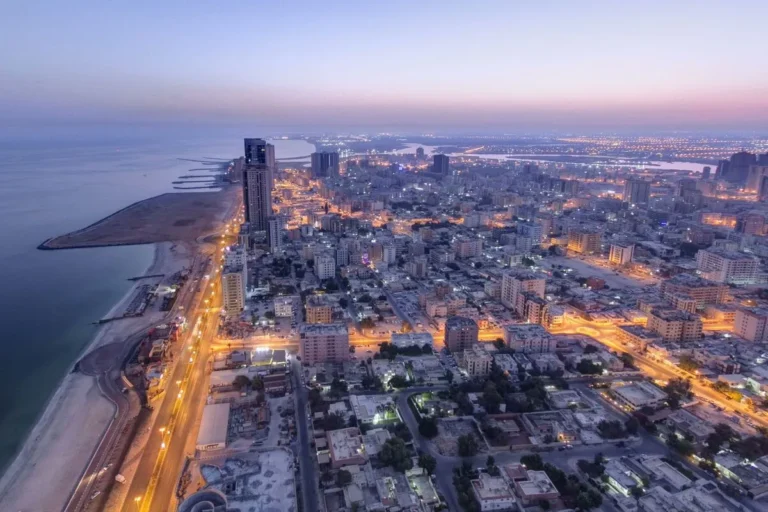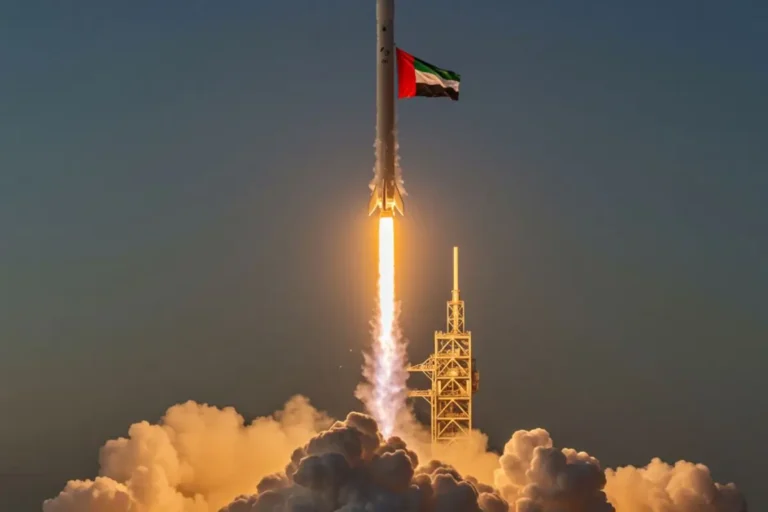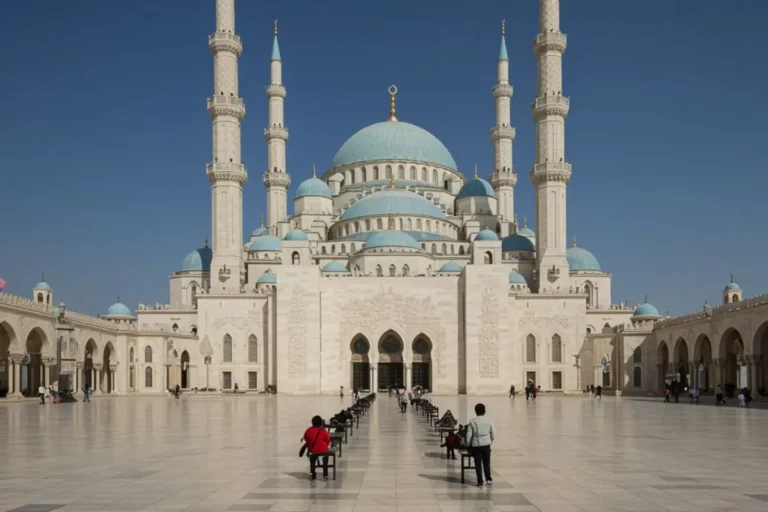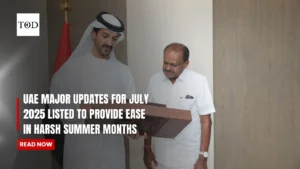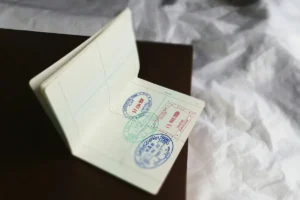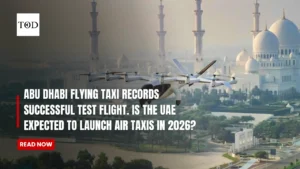6th August 2025 | Dubai, UAE – UAE Moldova visa-free travel is no longer a wish with the signing of a new MOU. Both nations signed a Memorandum of Understanding on mutual exemption from entry visas. The UAE Moldova visa-free travel was issued with mutual consent via the memorandum on August 5.
The agreement was made on Monday during a meeting that took place in Abu Dhabi. The meeting was held between UAE Minister of Foreign Affairs Sheikh Abdullah bin Zayed and Mihai Popșoi, Deputy Prime Minister and Minister of Foreign Affairs of the Republic of Moldova.
Statements Issued By The Officials
The UAE’s Minister of Foreign Affairs, Sheikh Abdullah bin Zayed, stated regarding the importance of ongoing communication and cooperation between the parties.
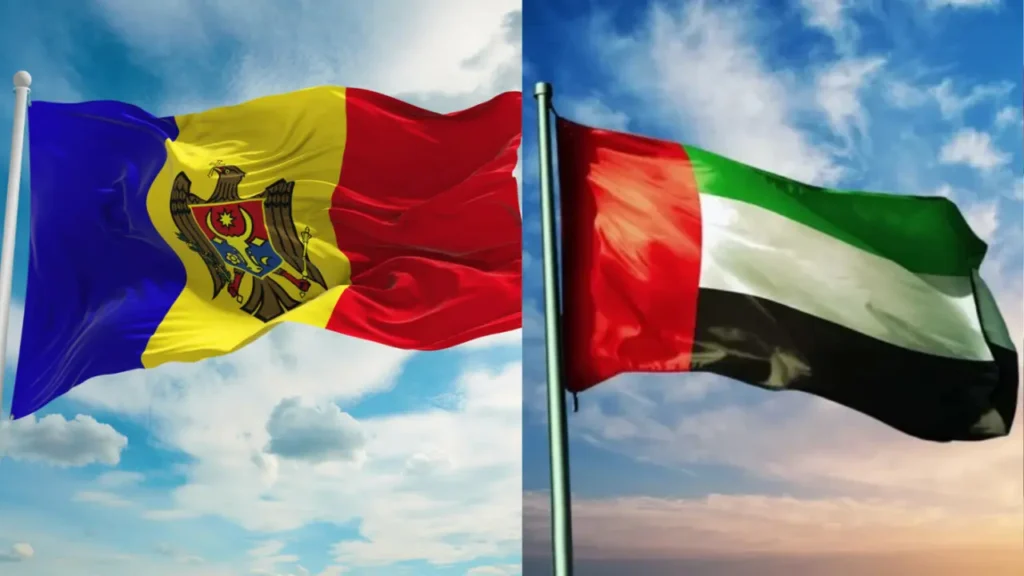
He said, “The UAE is committed to establishing distinguished and advanced relations with Moldova. This agreement marks an important step toward achieving our shared goals of connectivity, investment growth, and people-centric diplomacy.”
A similar positive statement was issued by Mihai Popșoi, the foreign minister of Moldova, expressing his appreciation for the UAE’s hospitality and shared optimism about the future of Moldovan–Emirati relations.
“Today’s signing represents a tangible milestone in the strengthening of Moldova’s ties with the UAE. We look forward to translating this agreement into deeper collaboration across all sectors,” he said.
Various Aspects To Deepen Bilateral Ties
Apart from the UAE Moldova visa-free travel, the parties also had a talk about other aspects to strengthen the bilateral ties between the countries. The meeting also became a medium to explore new avenues for bilateral cooperation across economic, commercial, and investment sectors. Both nations agreed on elevating their engagement through public and private partnerships, joint ventures, and expanded trade opportunities.
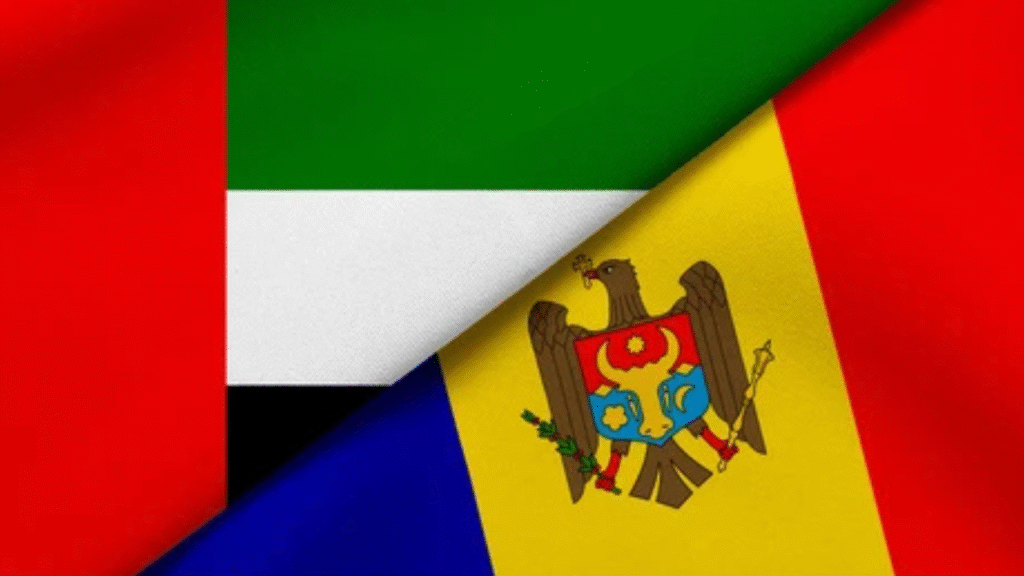
Moldova holds a strategic location in Eastern Europe, and UAE’s position as a centre for global investment makes both the national mutually beneficial for economic collaboration to branch out in various directions. The movement of residents to either country will help in cultural and economic exchange, boosted by the decision of UAE Moldova visa-free travel. His Highness Sheikh Abdullah bin Zayed acknowledged Moldova as a long-term, fulfilling partner for cooperation in terms of agriculture, technology, renewable energy, and logistics.
The UAE Moldova visa-free travel will serve as a catalyst for further exchange of tourism, culture and education, among other things. The efforts also align with the UAE’s vision of enhancing connectivity with European nations and building trust, opportunity, and sustainable development together. For Moldova, this milestone agreement opens the gate to one of the world’s most dynamic economies.
Does UAE Moldova Visa-Free Travel Extends To Expats?
Even with the MoU of UAE Moldova visa-free travel, the Indian, Pakistani, and Bangladeshi expats who are living in the UAE will still need a visa to travel to Moldova.
As Moldova’s foreign ministry states, the citizens of these countries are also required to have an airport transit visa while passing through the international transit area of an airport located in the territory of the Republic of Moldova. The foreign ministry of Moldova also says that citizens from Pakistan and Bangladesh would require an invitation from an entity (person or organisation) for the issuance of an entry visa to the country.
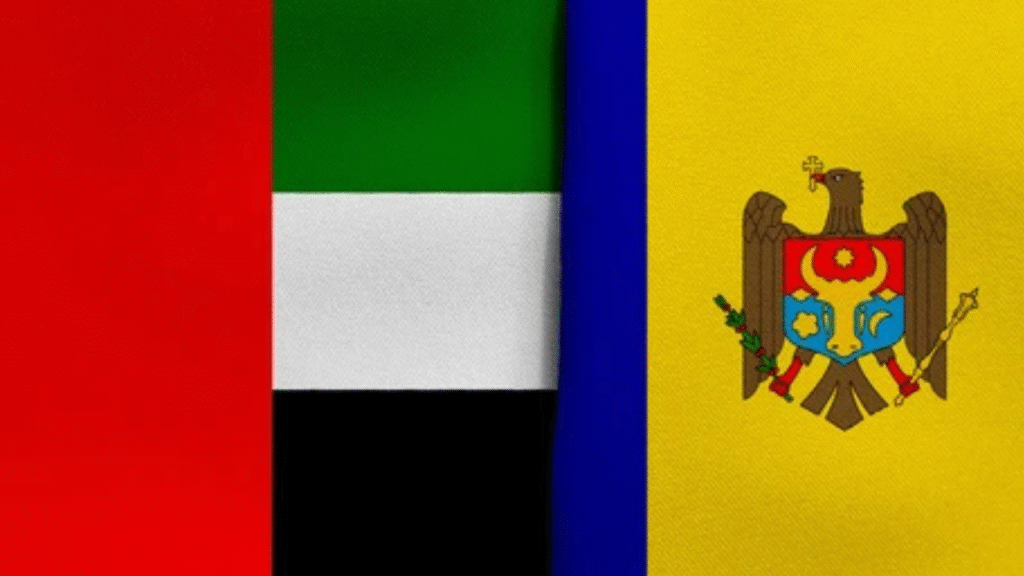
An airport transit visa in Moldova will cost a consular fee of 20 euros, whereas a short-stay tourist visa will cost 30 euros. The foreign ministry of Moldova has also mentioned associated costs with other visas, such as a visit visa for private visits to Moldovan citizens or foreign nationals holding a Moldovan residence permit, sports and cultural activities, among others.
The ministry also states that the passport should be issued in the last 10 years, and be valid for at least three months after the said date of leaving the territory of Moldova.
Read More: Sending Of UAE Aid to Gaza Amid War: Providing 65 Tonnes Of Medicine Via WHO








